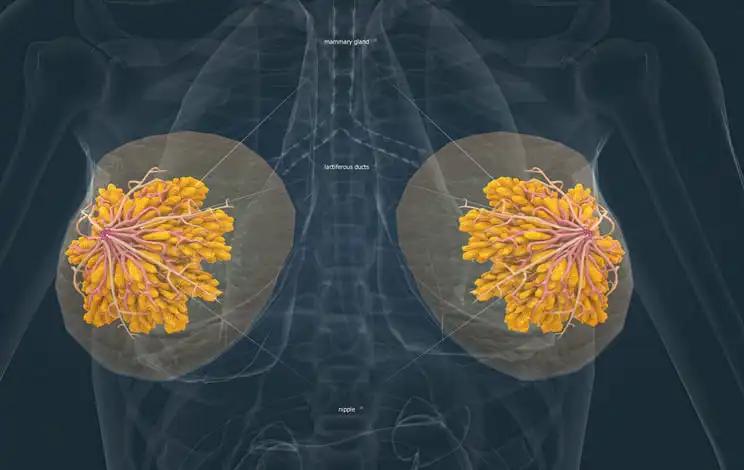KEY TAKEAWAYS
- The BioItaLEE trial is a phase IIIb study using sTKa as a biomarker in postmenopausal patients with hormone receptor-positive.
- The study examined sTKa and PFS using multivariate Cox models on sera from baseline, day 15 of cycle 1, day 1 of cycle 2, and first imaging.
- Early sTKa dynamic patterns predicted PFS, and baseline, C1D15, and C2D1 sTKa levels were related to progression.
- High sTKa levels at C2D1 after a reduction at C1D15 increased progression risk.
- In HR+/HER2- ABC patients, baseline and dynamic sTKa changes independently predicted prognosis.
Serum TK1 activity (sTKa) is a novel liquid biopsy biomarker of tumor cell proliferation; TK1 is an enzyme that functions downstream of the CDK4/6 pathway and plays a crucial role in DNA synthesis. Serum samples were taken from postmenopausal patients with HR+, HER2- advanced breast cancer (ABC) treated with first-line ribociclib with letrozole at baseline, cycle day 15 (C1D15), cycle 2 of day 1 (C2D1), and first imaging as part of the phase IIIb BioItaLEE study (NCT03439046). With the help of multivariate Cox models, researchers analyzed whether or not there was an association between sTKa measured at various periods or sTKa dynamic patterns and PFS.
There were a total of 287 patients enrolled. There was a 26.9-month > median follow-up. Patients with high sTKa levels at C1D15 and C2D1 also had a greater risk of advancement (hazard ratio [HR], 2.21; 95% confidence interval [95% CI], 1.45, 3.37; P = 0.0002) compared to those with low sTKa levels at baseline. Patterns in early sTKa dynamics were highly indicative of PFS. High sTKa at C1D15 was associated with the shortest PFS (HR, 5.65; CI: 2.84, 11.2; P < 0.0001), while high sTKa at C2D1 after an initial decrease at C1D15 was associated with a higher risk of progression than the pattern with low sTKa levels at both time points (HR, 2.89; 95% CI, 1.57, 5.31; P = 0.0006). Changes in sTKa from both the baseline and during the experiment were informative. In patients with HR+/HER2- ABC treated with ribociclib plus letrozole as frontline therapy, sTKa represents a novel, promising prognostic and pharmacodynamic biomarker.
Source: https://www.ejcancer.com/article/S0959-8049(23)00119-3/fulltext
Clinical Trial: https://clinicaltrials.gov/ct2/show/NCT03439046
Malorni, L., Bianchini, G., Caputo, R., Zambelli, A., Puglisi, F., Bianchi, G. V., Mastro, L. D., Paris, I., Montemurro, F., Allegrini, G., Colleoni, M., Tamberi, S., Zamagni, C., Cazzaniga, M. E., Orditura, M., Guarneri, V., Castelletti, D., Benelli, M., Marino, M. D., & Arpino, G. (2023). Serum thymidine kinase activity in patients with HR-positive/HER2-negative advanced breast cancer treated with ribociclib plus letrozole: Results from the prospective BioItaLEE trial. European Journal of Cancer, 186, 1–11. https://doi.org/10.1016/j.ejca.2023.03.001



